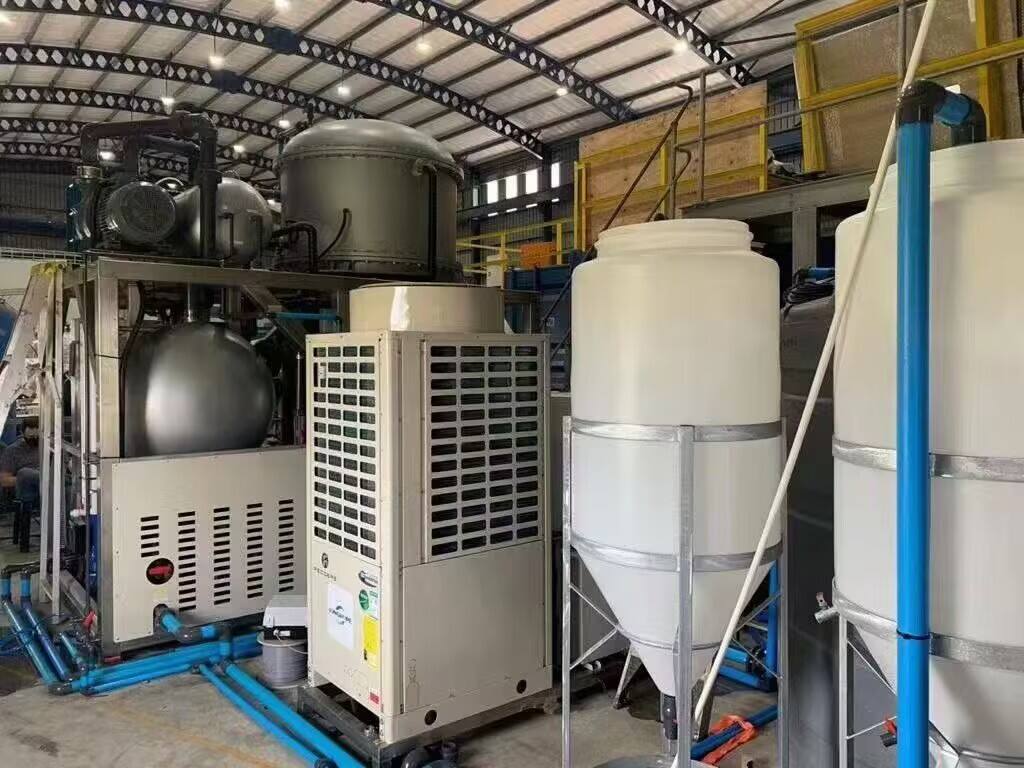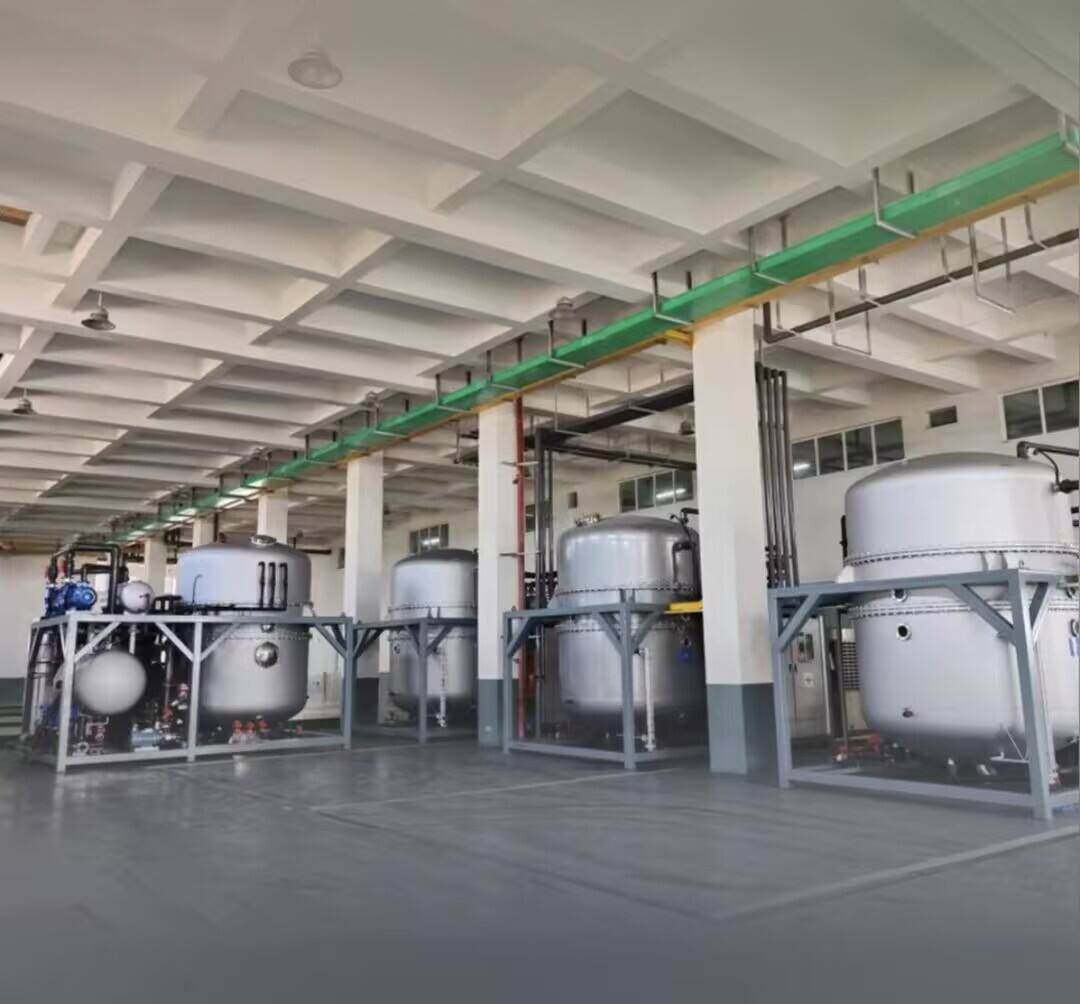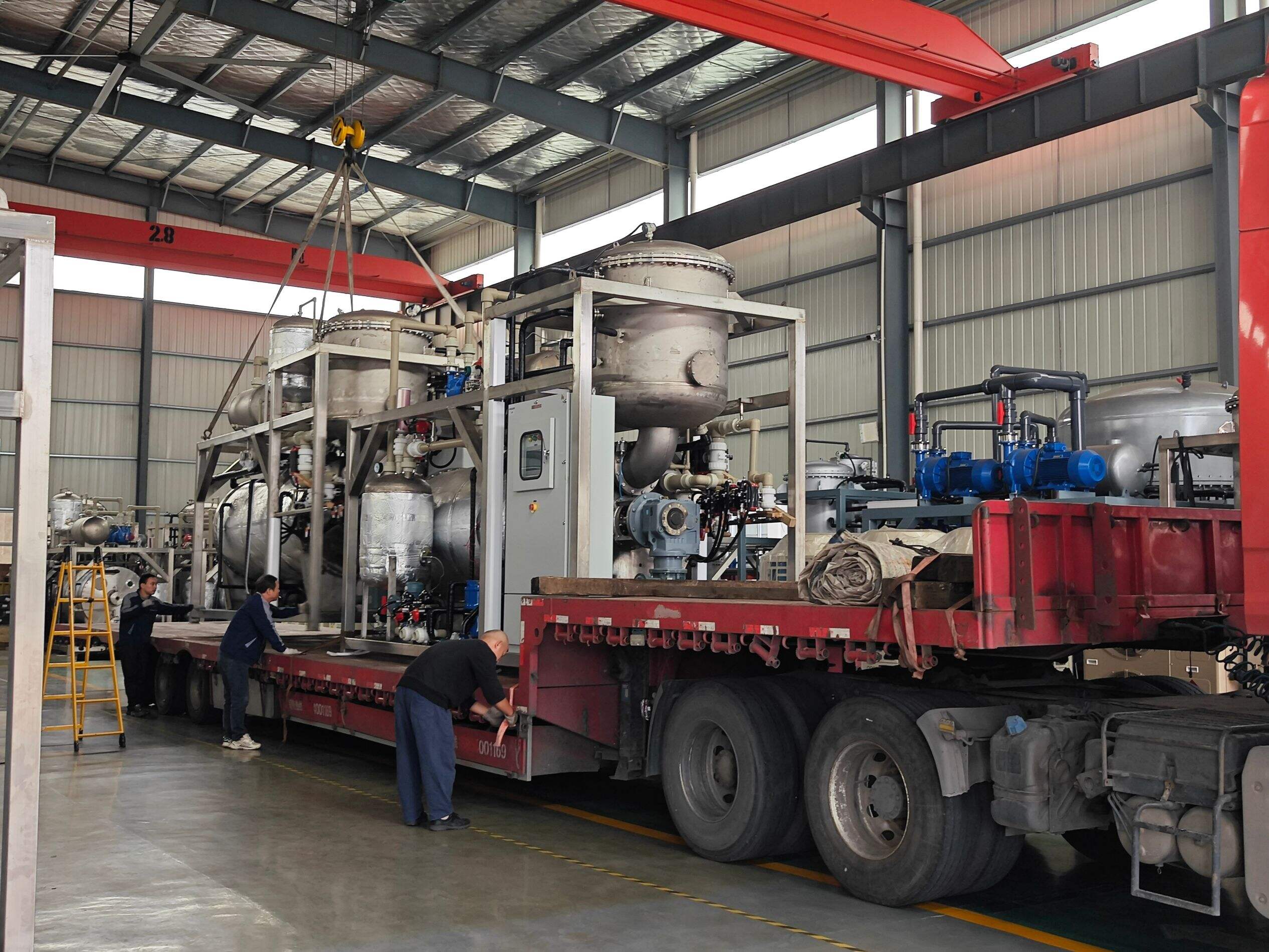electrochemical water treatment
Electrochemical water treatment represents a cutting-edge approach to water purification that harnesses the power of electrical energy to remove contaminants. This innovative process involves passing an electric current through water using specialized electrodes, triggering various chemical reactions that effectively eliminate pollutants, heavy metals, and organic compounds. The system operates through multiple mechanisms, including oxidation-reduction reactions, electrocoagulation, and electroflotation, working in concert to deliver superior water quality. The technology employs carefully designed electrode materials, typically made from materials like titanium, iron, or aluminum, which play a crucial role in the treatment efficiency. Modern electrochemical systems feature advanced monitoring capabilities, allowing real-time adjustment of treatment parameters for optimal performance. This versatile treatment method finds applications across numerous sectors, from industrial wastewater management to municipal water treatment facilities. The process is particularly effective in removing suspended solids, breaking down complex organic compounds, and neutralizing harmful microorganisms. Its ability to treat water without the need for additional chemicals makes it an environmentally responsible choice for water purification needs.


